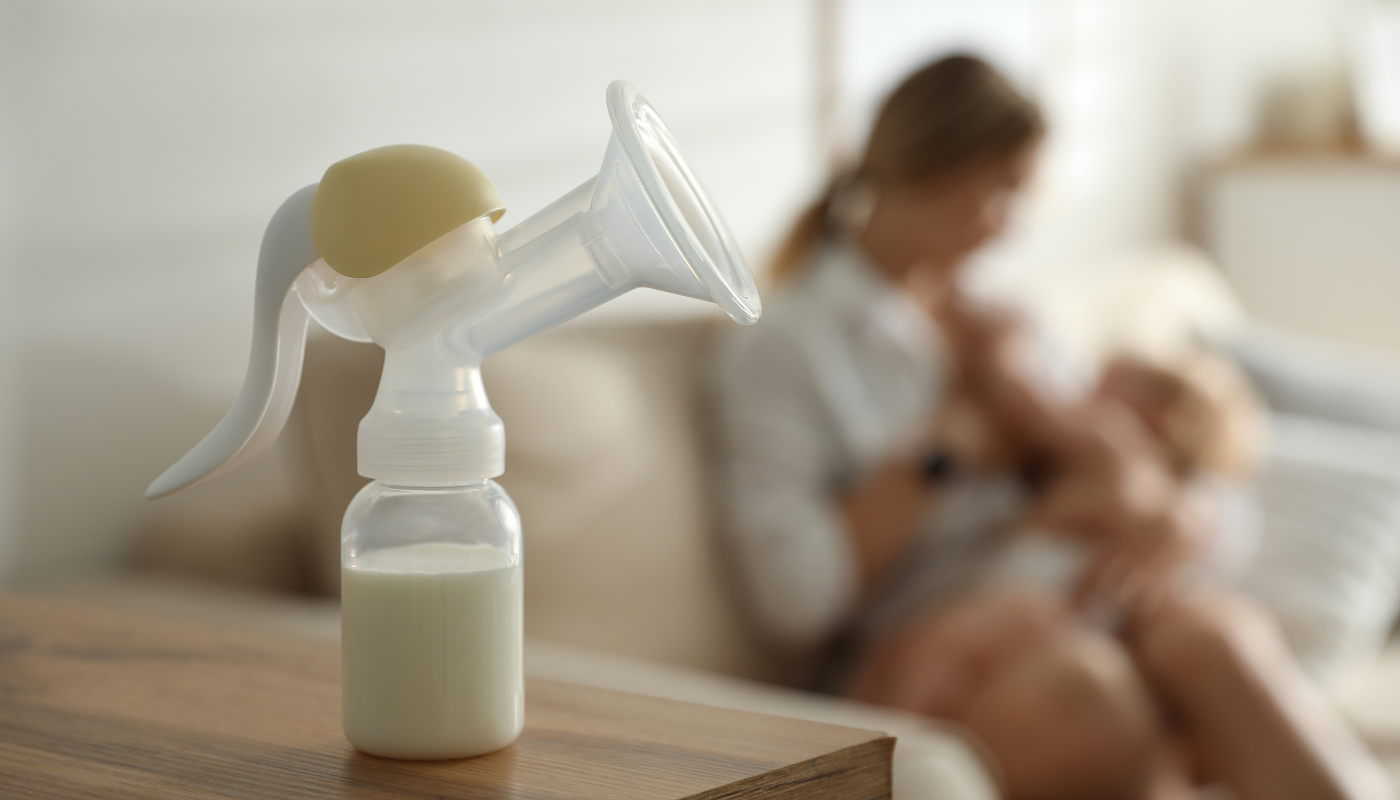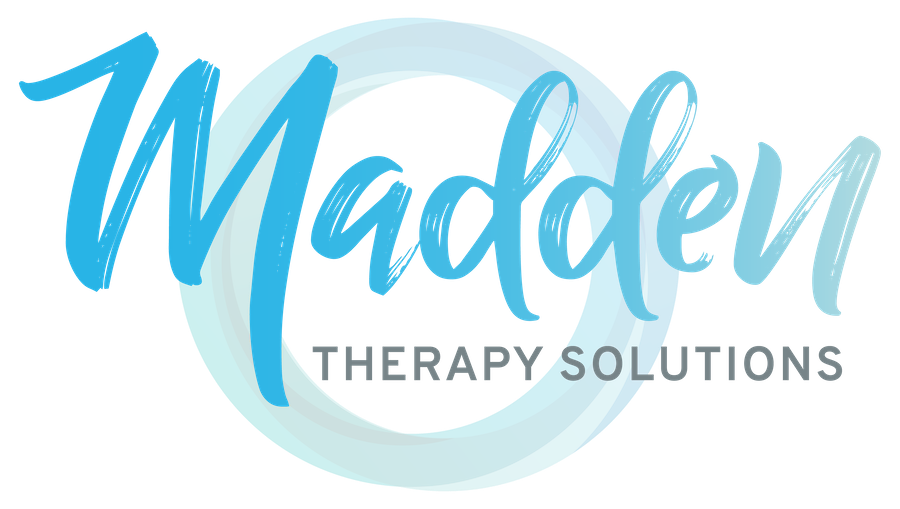Hearing your toddler’s first words is one of the most exciting parts of parenting. Whether they’re saying “mama,” “dada,” or something completely unexpected, it’s an incredible moment! But as parents, it’s natural to wonder how we can help our little ones continue to grow their language skills.
The good news? You don’t need fancy tools or hours of study. The best ways to encourage language development are often simple, fun, and fit right into your daily routine.
Speech Learning for Toddlers: What to Expect and When to Seek Help
Every child learns to communicate at their own pace, but knowing developmental milestones can help you identify if pediatric therapy is needed. By 18 months, most toddlers can say about 10–20 words, and by age two, they’re typically combining two-word phrases like “want toy” or “go outside.” A child who has fewer than 50 words or isn’t using two-word phrases by 24 months may be considered a “late talker.”
If you’re concerned about your child’s speech learning, early intervention through speech therapy can be incredibly beneficial. Toddlers and babies can start speech therapy as early as 12 months. It supports language growth, builds communication confidence, and equips families with strategies to foster development at home. Remember, seeking help early sets the stage for lifelong success!
Early support can make all the difference, and there are many ways you can encourage your child’s communication skills right at home.
Here are some of our favorite tips to help your toddler find their voice!
1. Talk, Talk, Talk!
The more you talk to your child, the more words they’ll learn—simple as that! Narrate your day, describe what you’re doing, or talk about what your toddler is playing with. For example, you might say:
“You’re stacking the blocks so high! Oh no, they fell! Let’s build again!”
Even if your child isn’t using words yet, they’re soaking in everything you say and learning how language works.
2. Make Reading a Daily Habit
Reading is one of the best ways to introduce new words and ideas. Choose books with colorful pictures, fun rhymes, and interactive elements. As you read, point to the pictures and name them:
“Look, it’s a duck! Can you say duck? Quack, quack!”
Toddlers love repetition, so don’t worry about reading the same books over and over—it’s all part of learning!
3. Repeat and Expand Their Words
When your toddler says something, show them you’re listening by repeating it back and adding a little more. For example, if they say “dog,” you might reply:
“Yes, a big dog! The dog says woof!”
This not only reinforces their word but also shows them how to build longer sentences.
4. Sing, Dance, and Play with Words
Songs, rhymes, and silly word games are fantastic tools for building language. Classics like “Row, Row, Row Your Boat” or “The Wheels on the Bus” are perfect for introducing rhythm and new words.
Want to go the extra mile? Make up your own songs about everyday things like getting dressed or snack time. Add some clapping or hand motions to make it even more fun!
5. Encourage Gestures
Before words come gestures! When your toddler points, waves, or signs something, it’s their way of communicating. Respond enthusiastically to show you understand, and even encourage a few simple signs like “more” or “all done.” This helps build confidence and reinforces the connection between actions and words.
6. Keep Screen Time in Check
While some educational shows or apps can theoretically help with language, nothing beats face-to-face interaction. Talking, reading, and playing with your child is the best way to help them build strong communication skills.
7. Celebrate Every Attempt to Communicate
Your child is learning with every sound, word, or gesture they make, so celebrate their efforts! If they say something incorrectly, there’s no need to correct them harshly. Instead, gently repeat the word back the right way. For example:
“That’s right, it’s a ball! A big, round ball!”
This approach keeps learning positive and fun while giving them helpful feedback.
8. Make Playtime All About Words
Play is a fantastic opportunity for language growth. Whether it’s building towers with blocks, having a tea party, or driving toy cars, use the moment to introduce new words:
- “Wow, you’re building a tall tower!”
- “Your car is going so fast!”
Follow their lead and keep the conversation natural and engaging.
9. Be Patient and Give Them Time
Every child develops at their own pace, and that’s okay! Avoid the temptation to jump in and speak for them. Instead, give your toddler time to respond, even if they’re just using gestures or sounds at first. Building communication takes practice, and your patience makes a big difference.
10. Don’t Be Afraid to Ask for Help
If you’re concerned about your child’s speech or language development, trust your instincts and reach out for support. A pediatric speech therapist can offer personalized strategies and guidance. Early help can make a world of difference, and there’s no harm in getting an expert’s perspective.
Together, We Can Make Words Happen!
Language development is an exciting journey full of milestones to celebrate. Remember, your conversations, songs, and playful moments are laying the foundation for your child’s communication skills—and every little effort you make counts! Advocating for your child by seeking the right support can be a game-changer in their developmental journey. Take time to evaluate and choose a speech therapist who aligns with your family’s needs and values, ensuring a positive and effective partnership. Your therapist will help you determine how many times a week your child should go to speech therapy and create a schedule that works best for your child.
If you’re ever unsure or need more ideas, Madden Therapy Solutions is here for you. We’re passionate about helping toddlers and their families navigate this incredible stage of growth. Reach out anytime—we’d love to help your little one’s voice shine!





